One of my blog readers sent this to me. I’m pretty good with a glue stick, but not sure I could qualify for this job.

One of my blog readers sent this to me. I’m pretty good with a glue stick, but not sure I could qualify for this job.

This past Wednesday marked the two-year blogiversary of Proof That blog. When I started posting, I wasn’t sure there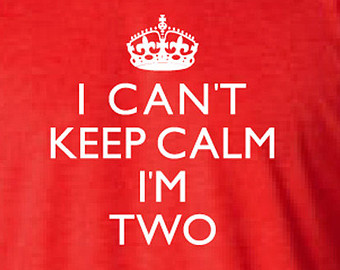 would be an audience or how long I would have enough material to continue. Thanks to all of you who send me some of the greatest Grammar Giggles ever, tell me you love the blog when I have no idea you even read it, and send me ideas for topics, Proof That keeps going. There are lots of things that could be improved–I could get back on a more regular schedule, I could post more guest posts (hint, hint!), I could, I should, I would . . . but at this point in my life/career/can’t-keep-my-dang-hand-down volunteerism I’m doing the best I can and Proof That seems to be making at least some kind of impact. What more could I ask for? So when all is said and done, I’m pretty damn proud of this little blog and I hope you enjoy it and learn at least a little something every once in a while. Here’s to at least a couple more years of Proof That! I couldn’t do it without YOU and truly can’t thank you enough for your support! KEEP PROOFING!
would be an audience or how long I would have enough material to continue. Thanks to all of you who send me some of the greatest Grammar Giggles ever, tell me you love the blog when I have no idea you even read it, and send me ideas for topics, Proof That keeps going. There are lots of things that could be improved–I could get back on a more regular schedule, I could post more guest posts (hint, hint!), I could, I should, I would . . . but at this point in my life/career/can’t-keep-my-dang-hand-down volunteerism I’m doing the best I can and Proof That seems to be making at least some kind of impact. What more could I ask for? So when all is said and done, I’m pretty damn proud of this little blog and I hope you enjoy it and learn at least a little something every once in a while. Here’s to at least a couple more years of Proof That! I couldn’t do it without YOU and truly can’t thank you enough for your support! KEEP PROOFING!
While dragged along to Home Depot recently, I saw this sign. Then I saw several others for the same type of tile that were spelled the same. At least they were consistent (and consistency is important)!

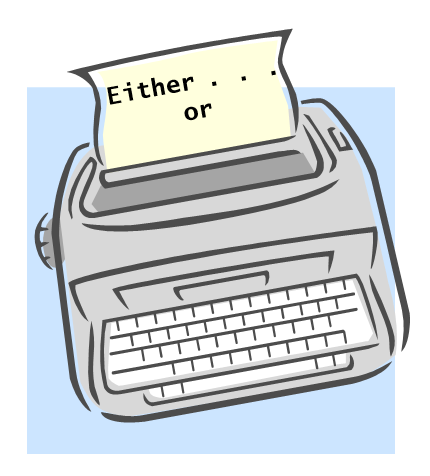 There is some confusion over whether to use a singular or a plural verb when using the famous connectors or, either . . . or, neither . . . nor, or not only . . . but also. Here is a quick rundown that should help.
There is some confusion over whether to use a singular or a plural verb when using the famous connectors or, either . . . or, neither . . . nor, or not only . . . but also. Here is a quick rundown that should help.
If you are connecting singular words using or, either . . . or, neither . . . nor, or not only . . . but also, the subject is singular, so you would use a singular verb.
Note that it is now also acceptable to connect more than two words using the connectors above.
If you are connecting two or more plural words using or, either . . . or, neither . . . nor, or not only . . . but also, the subject is plural, so you would use a plural verb.
When you are using a mix of singular and plural words connected with or, either . . . or, neither . . . nor, or not only . . . but also, the verb should agree with the nearer part of the subject.
I hope this helps. Do you have a topic that continues to confuse you? Either leave a comment below or email me at proofthatblog@gmail.com and watch for a future blog post trying to make that topic easier to understand.
This one was forwarded to me by my sister. Again, in my view educational institutions are held to a higher standard–even the sports programs. In fact, since all the money is going there instead of the arts, I hold them to an even higher standard!
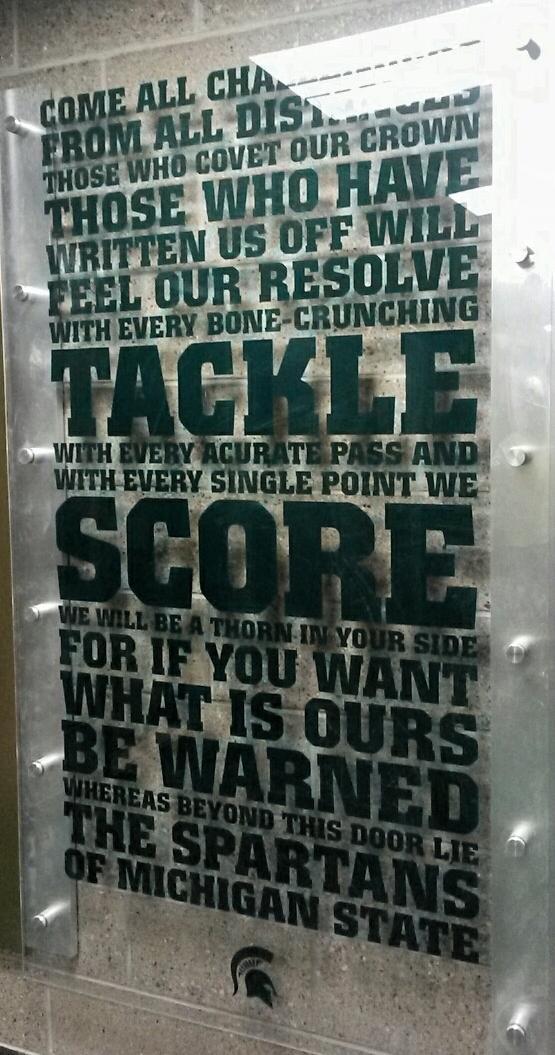
A friend sent this to me. I’m thinking that answer is “not really”!
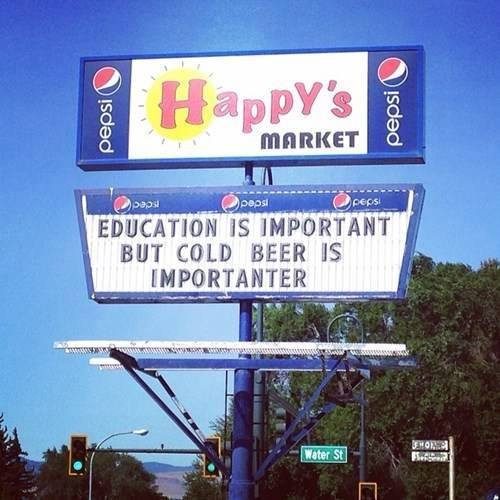
My nephew sent this to me. Since I know him and read his Facebook posts, I’ll assume this isn’t HIS award, but it would certainly seem to be disheartening to those who earned an award like this.
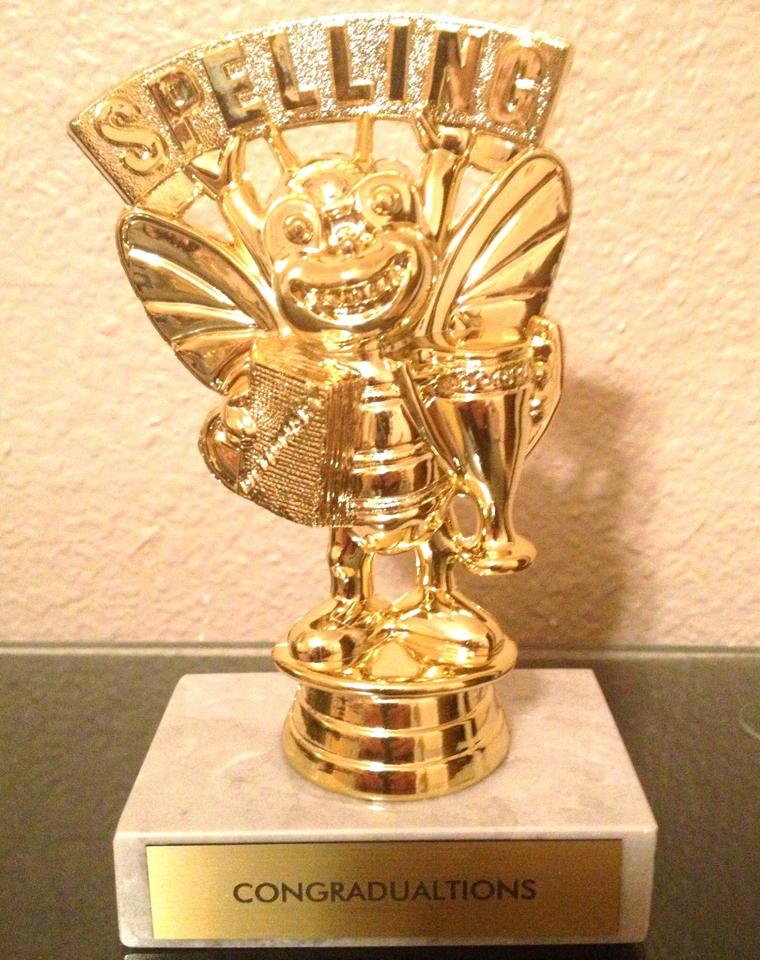
A friend in my office found this when she was checking the rules for discovery outside of our “normal” jurisdiction on that court’s website.
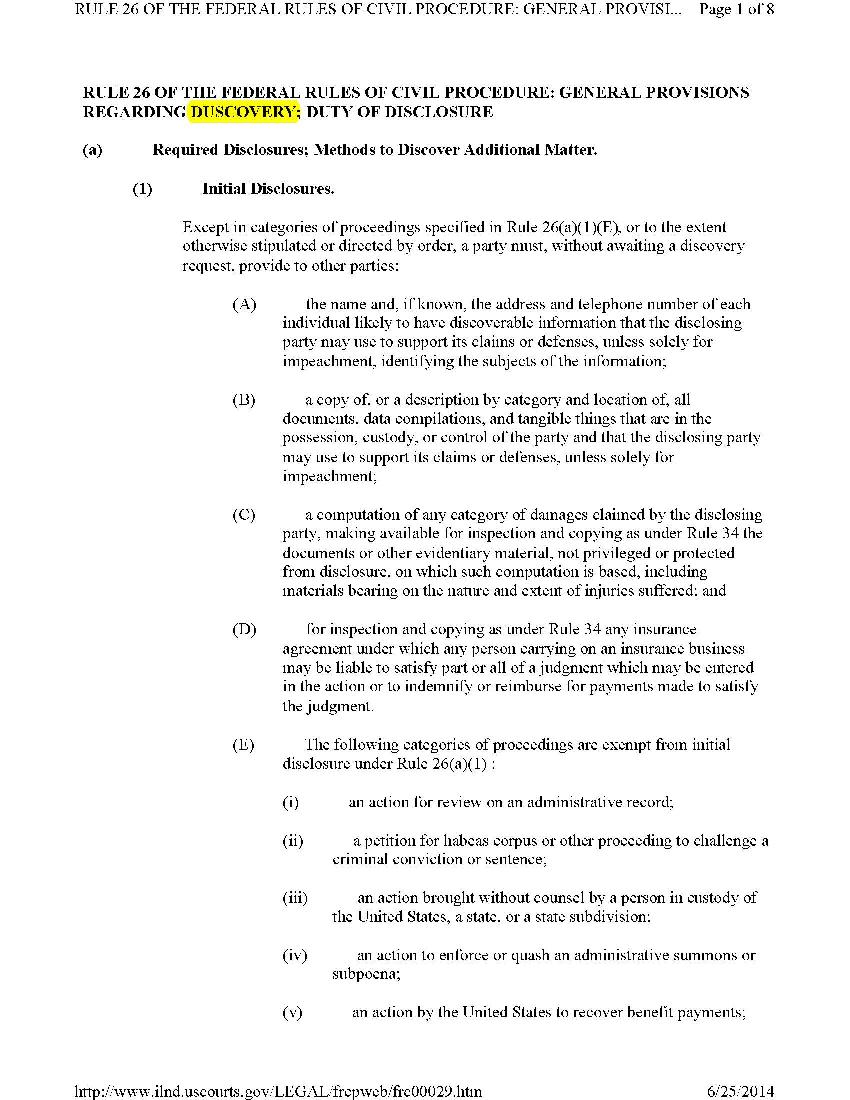
This was in a newsletter I recently received and shows that when writing content and then revising that content, it is important to actually read what it says once edits are done.
